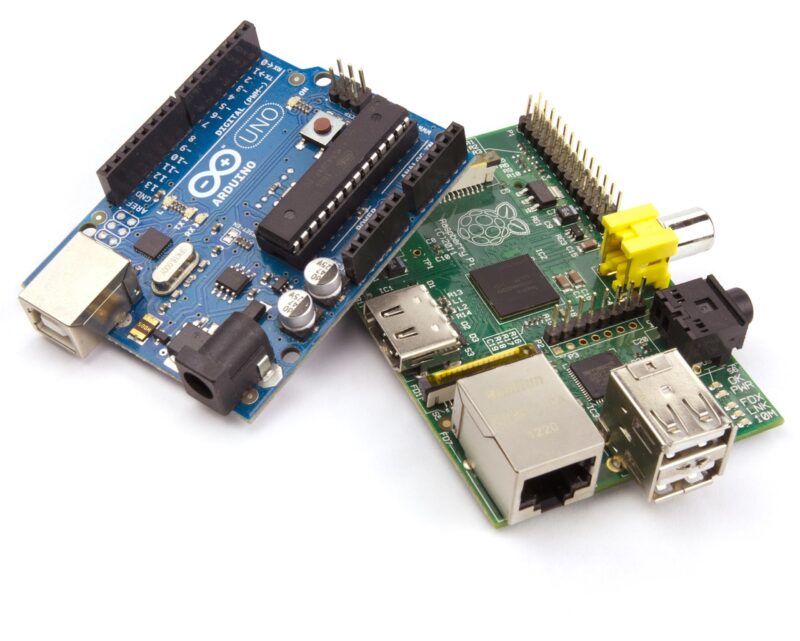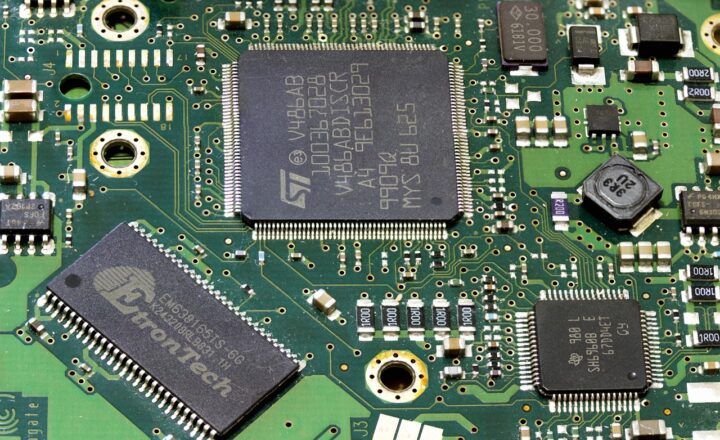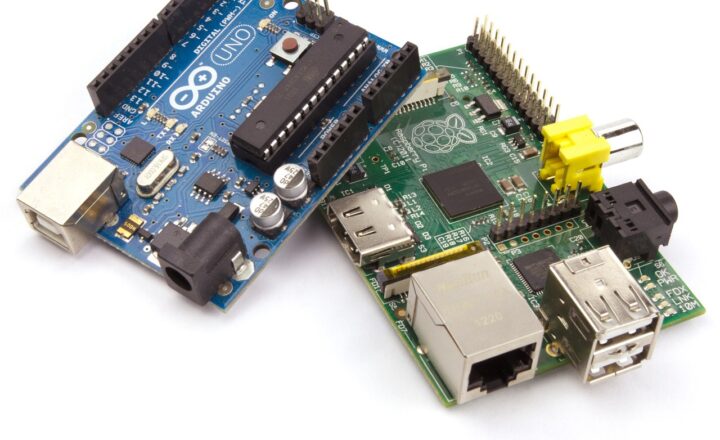How to Turn Your Love for Arduino Into a Rewarding Hobby (or Even a Career!)
November 13, 2024

Arduino is not just a hobbyist’s toolkit; it is a powerful platform that offers countless opportunities for innovation and creativity. Whether you’re a novice programmer, an electronics enthusiast, or someone who simply enjoys tinkering, Arduino can pave the way for personal fulfillment, skill development, and even a lucrative career path. In this article, we’ll explore how you can take your love for Arduino and turn it into something truly rewarding.
1. Understanding Arduino: What It Is and Why It Matters
Arduino is an open-source electronics platform based on easy-to-use hardware and software. The Arduino board reads inputs from a variety of sensors and transforms them into output commands that can manipulate lights, motors, and other physical devices. This simplicity makes it ideal for both novices and seasoned engineers alike.
Some exciting aspects of Arduino include:
- Community Support: With a vast community of developers and hobbyists, resources like forums, tutorials, and project ideas are readily available.
- Versatility: It can be applied in various fields, from home automation and robotics to art installations and IoT projects.
- Affordability: Arduino kits are relatively inexpensive, making it accessible to everyone, with many components available low-cost or even free.
Through Arduino, you can unleash your creativity and invent unique solutions to everyday problems – all while developing valuable technical skills.
2. Starting Your Arduino Journey: The Basics
If you’re looking to dive into Arduino, the first step is getting your hands on an Arduino starter kit.
What’s typically included:
– An Arduino board (most commonly the Arduino Uno).
– Breadboards and jumper wires for prototyping.
– Various sensors and components, such as LEDs, resistors, and motors.
– Reference materials or guides to jumpstart your projects.
Learning Resources:
There are many resources available to help you start:
- Online Courses: Platforms like Coursera, Udacity, and Udemy offer excellent courses that take you from beginner to advanced levels.
- Books: Classics like “Getting Started with Arduino” provide great foundational knowledge and project ideas.
- YouTube Channels: Channels dedicated to Arduino enthusiasts often provide step-by-step walkthroughs on projects.
When learning, it’s essential to tackle hands-on projects. Start with simple tasks such as blinking an LED and gradually increase the complexity. This practical experience builds confidence and a deeper understanding of electronics and coding.
3. Expanding Your Projects: Tips for Innovation
As you grow more comfortable with Arduino, consider expanding your projects into more innovative and complex applications. Here are some ideas to challenge your skills:
- Home Automation: Build an IoT solution that can control your lights and appliances using a mobile app or voice commands.
- Robotics: Create a robot that can navigate its environment or perform specific tasks autonomously.
- Wearable Tech: Design a wearable device that tracks health metrics or provides feedback through sensors.
Documenting your projects on platforms like Instructables or GitHub not only showcases your work but helps you learn how to communicate ideas and share techniques with others.
4. Building a Portfolio: Showcasing Your Skills
An essential step in turning your Arduino passion into a career is building a portfolio to showcase your projects. A strong portfolio demonstrates your range of skills and creativity to potential employers or clients.
Tips for Creating an Effective Portfolio:
- Select a Variety of Projects: Include projects that highlight different aspects of your skills, from coding to hardware design.
- Use High-Quality Visuals: Include clear images, videos, or Diagrams that showcase your projects in action.
- Write Clear Descriptions: Provide context and explain the problem each project solves, the tools used, and the challenges faced during development.
A compelling portfolio not only reflects your capabilities but also your passion for Arduino and electronics.
5. Transitioning to a Career: Opportunities Await
Many professionals have successfully transitioned from hobbyist to a fulfilling career in electronics and technology by leveraging their Arduino skills. Here are potential paths to consider:
- Freelancing: Offer your services for project-based work, such as building prototypes, providing consultation, or developing solutions tailored to clients’ needs.
- Employment: Many companies seek individuals with practical experience in electronics and programming for roles in engineering, product development, or IoT solutions.
- Teaching: Share your knowledge with others through workshops or online courses, contributing to the community’s growth while establishing yourself as an expert in the field.
By actively engaging in projects, sharing your journey, and networking within the community, you can effectively transition from hobbyist to a rewarding career in electronics and technology.
Conclusion
Turning your love for Arduino into a rewarding hobby, or even a career, is within your reach. By understanding the platform, constantly challenging yourself with new projects, building a robust portfolio, and exploring career opportunities, you can transform a passion into something bigger.
The journey might require effort and continuous learning, but the skills and achievements you gain along the way will make it all worthwhile. So, gather your tools, spark your creativity, and let your imagination lead you into the exciting world of Arduino.








